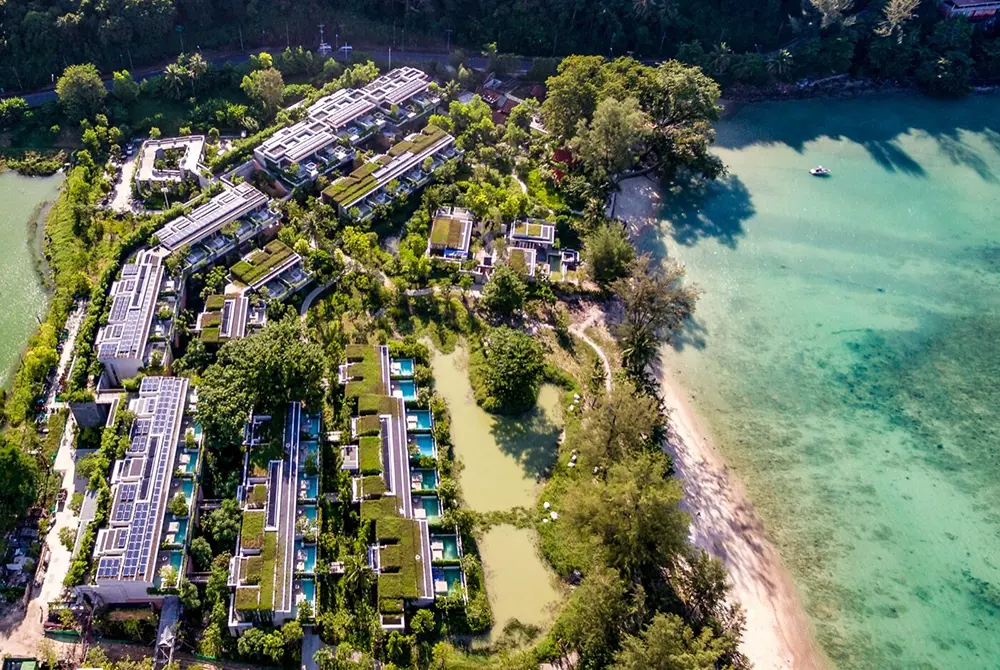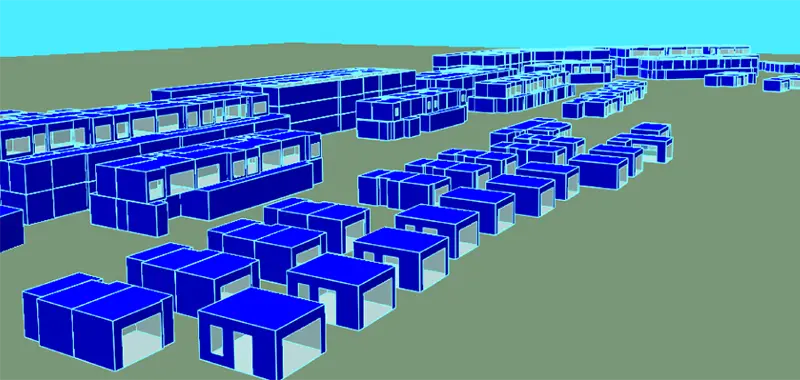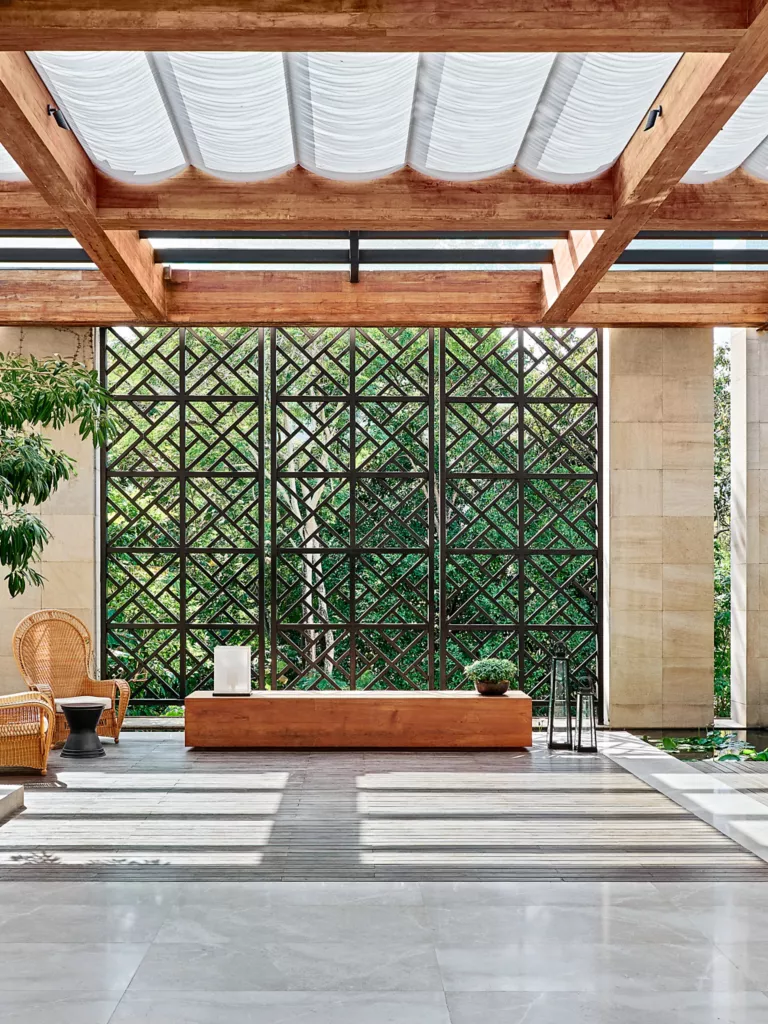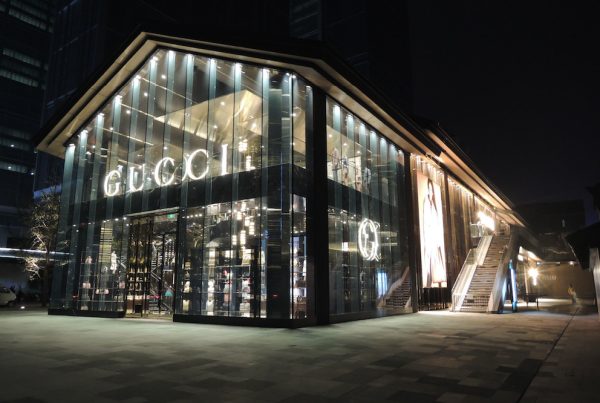Rosewood Resort Пукет нь 71 павильон болон виллаг багтаасан, нам дор баригдсан тансаг зэрэглэлийн амралтын газар юм. Энэ нь Тайландын анхны LEED BD+C Gold гэрчилгээтэй амралтын газруудын нэг юм. Манай зорилго нь энэхүү төсөлд зориулан эрчим хүчний загвар гаргах явдал байв. 2019 оны 5-р сараас 2020 оны 6-р сар хүртэл 13 сарын хугацаанд бид эрчим хүчний гүйцэтгэлийн өгөгдөл цуглуулж, LEED BD+C-д зориулан тохируулсан эрчим хүчний загвар боловсруулсан. Энэхүү загварыг ASHRAE 90.1-2007 стандартын дагуу суурилуулан тохируулсан.
Шинэлэг онцлогуудад өргөн хүрээний байгалийн гэрэлтүүлэг багтдаг бөгөөд дотоод орон зайны 78% нь нарны гэрлийг ашиглаж, хиймэл гэрэлтүүлгийн хэрэгцээг бууруулсан. Барилгын дээврийн 30%-ийг дээврийн цэцэрлэгүүд эзэлдэг нь барилгуудыг хөргөхөөс гадна далайн үзэмжийг сайжруулдаг. Мөн амралтын газар нь тусгаарлагдсан дээвэр, агааржуулсан хана, хоёр давхар шилэн цонх, LED гэрэлтүүлэг, хөдөлгөөн мэдрэгч зэрэг эрчим хүчний хэмнэлттэй дизайны зарчмуудыг нэвтрүүлсэн.











